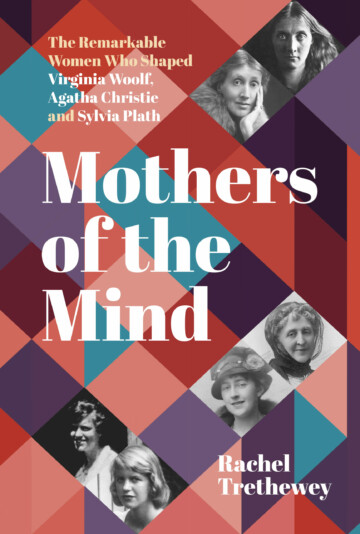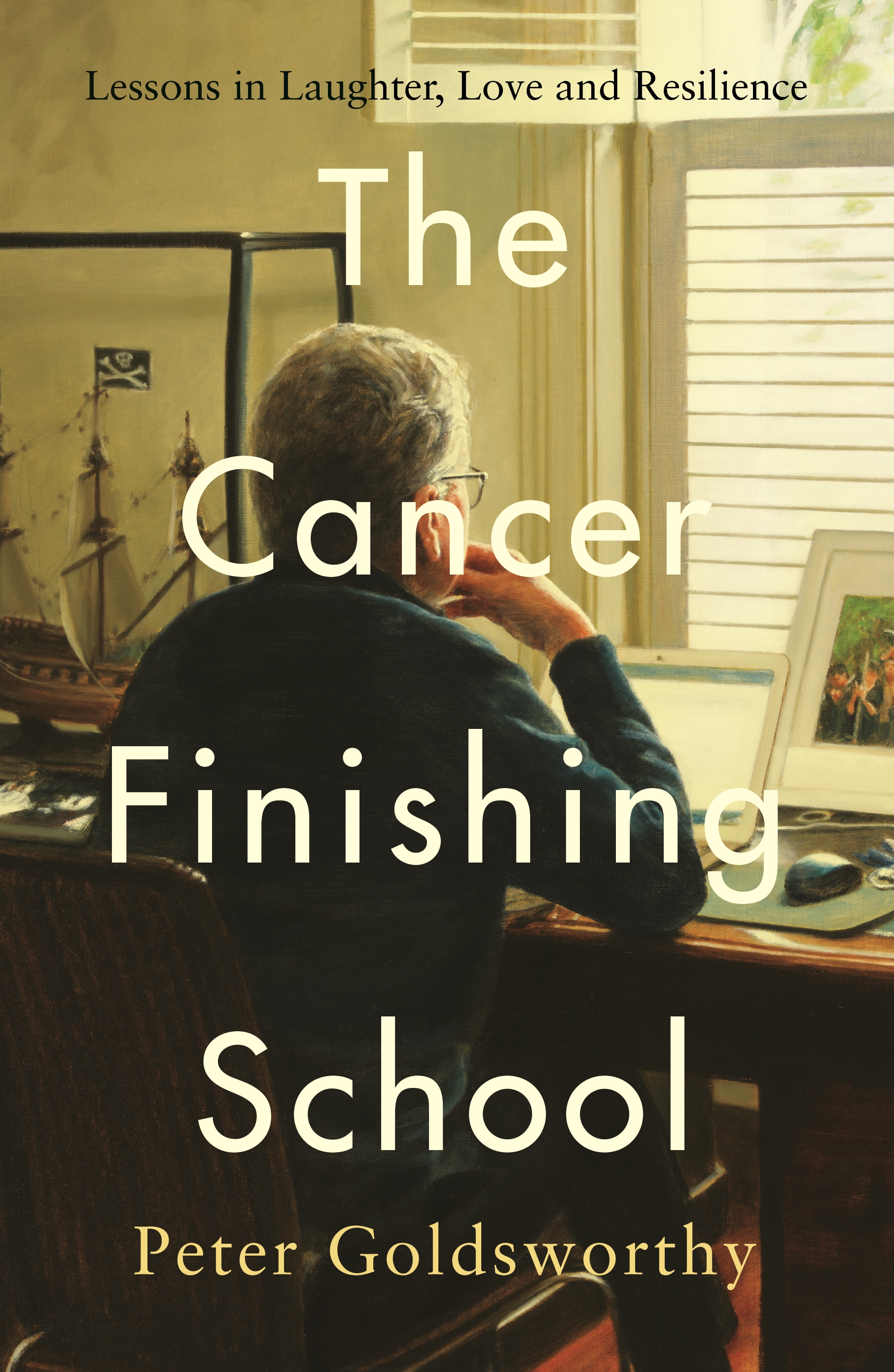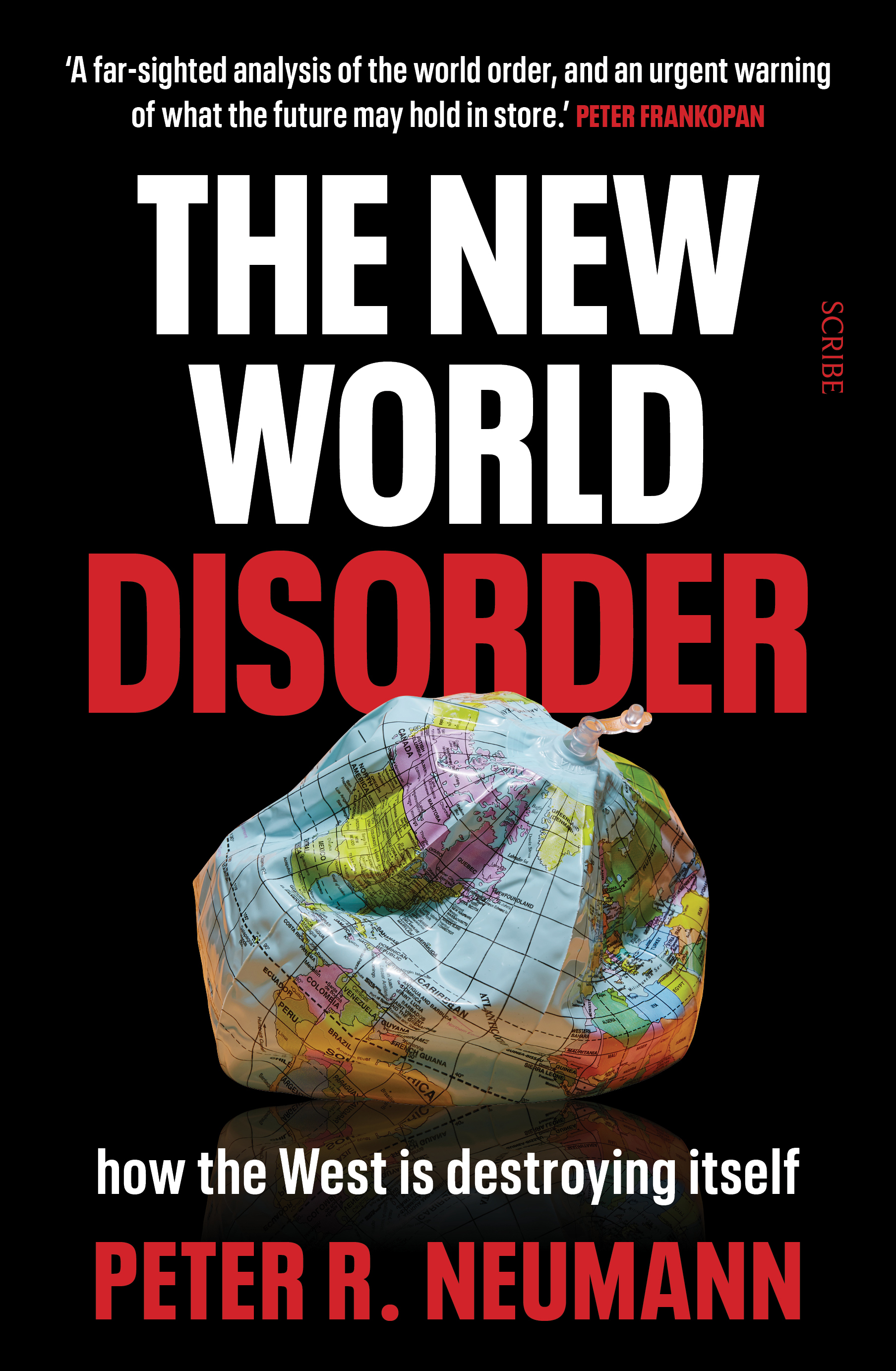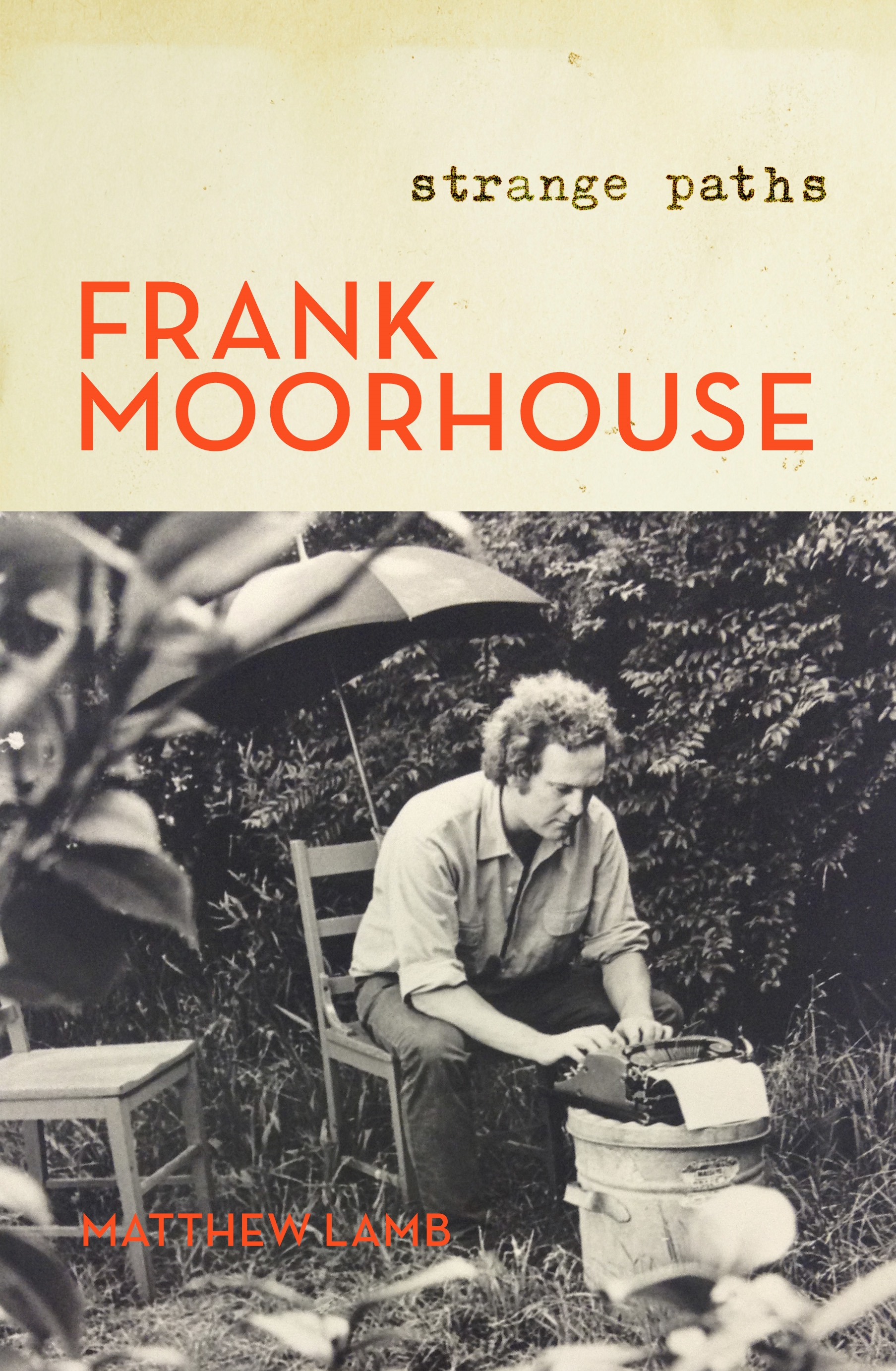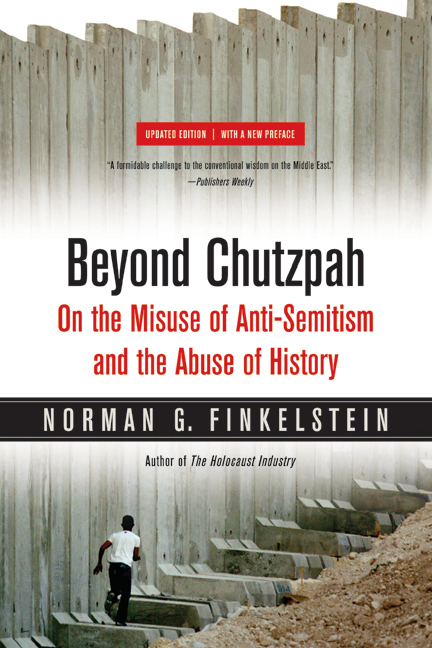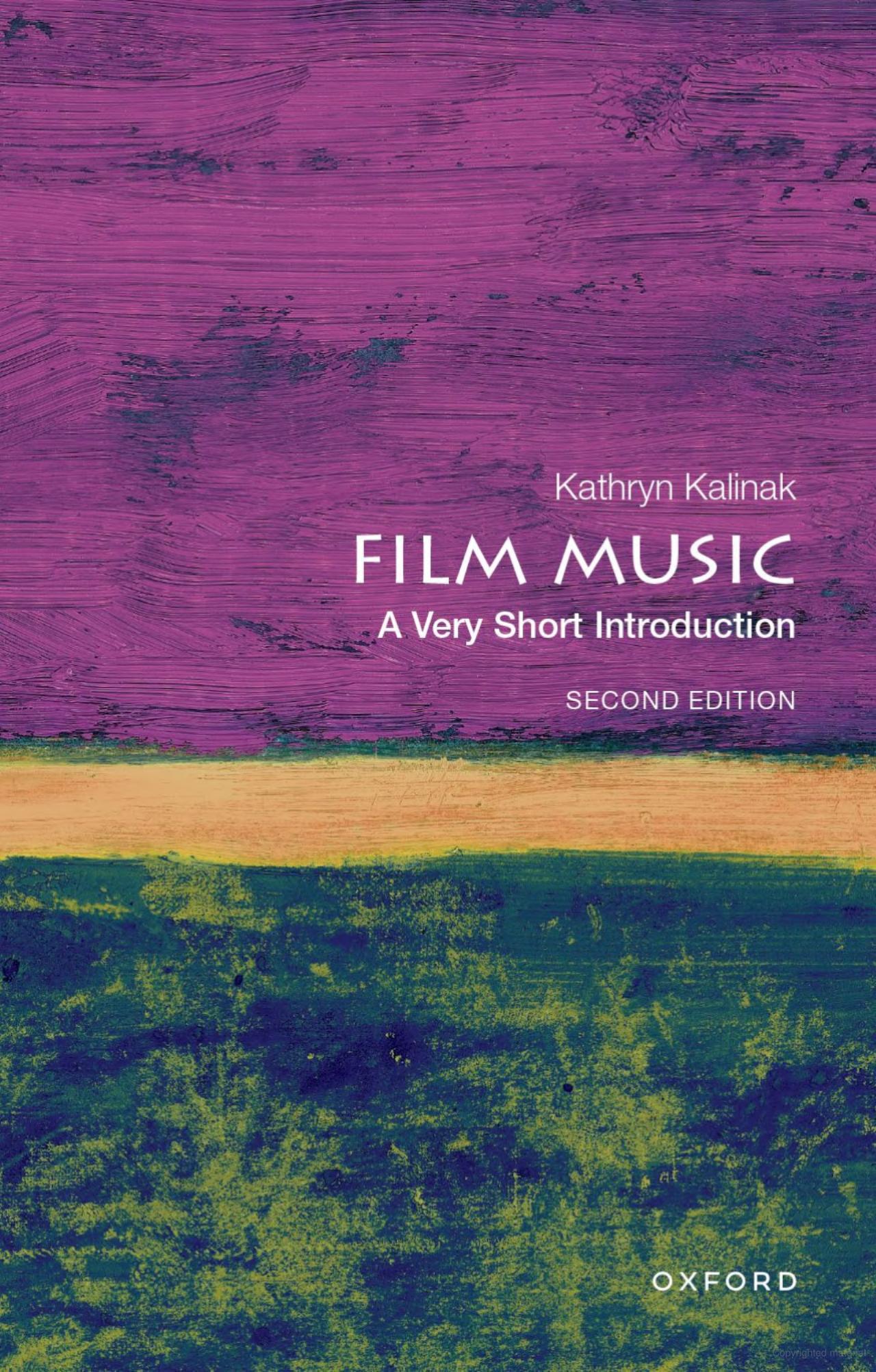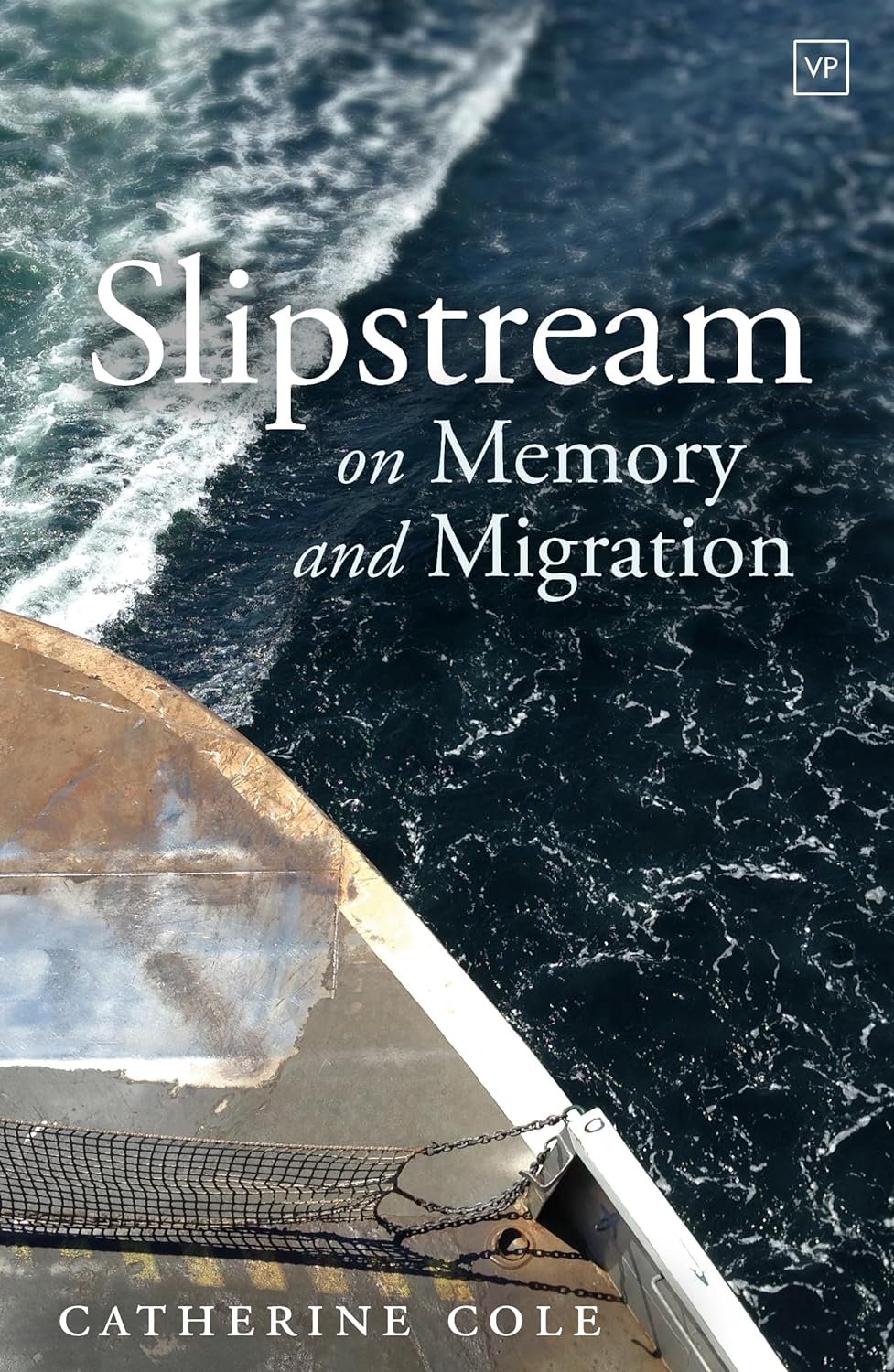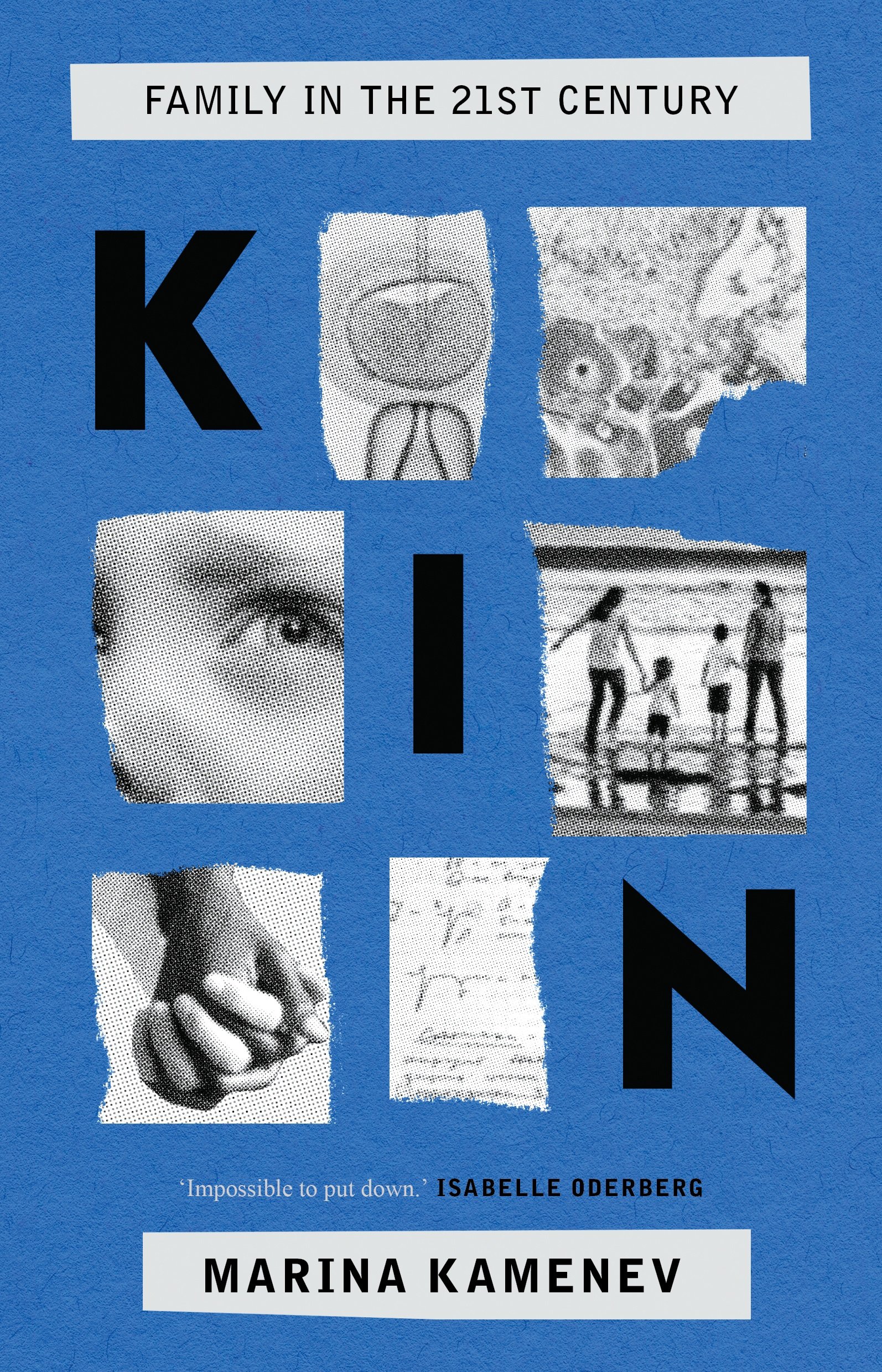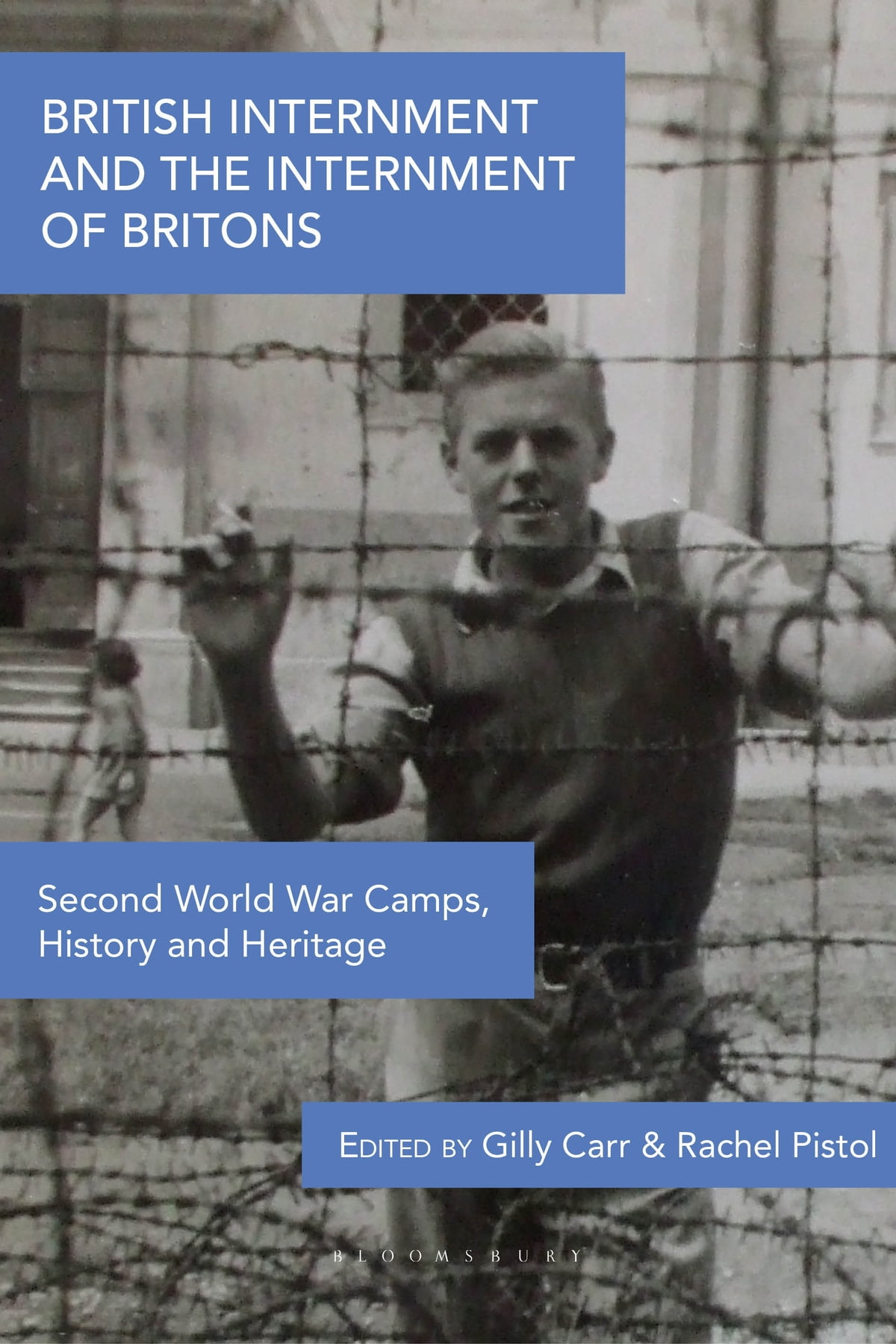Non Fiction
Mothers of the Mind: The remarkable women who shaped Virginia Woolf, Agatha Christie and Sylvia Plath by Rachel Trethewey
Reading for this review I came across some apposite words by Jacqueline Rose, biographer of Sylvia Plath, cultural analyst and explorer of the lives and roles of women:
... (read more)The Cancer Finishing School: Lessons in laughter, love and resilience by Peter Goldsworthy
That doctors aren’t supposed to become incurably ill is something their patients might say, and about as useless as declaring that dentists are forbidden from contracting toothache or that undertakers should live forever – seeing other people out, not themselves.
... (read more)A Memoir of My Former Self: A life in writing by Hilary Mantel, edited by Nicholas Pearson
In the title piece of this posthumous selection of reviews, criticism, essays, and journalism, Hilary Mantel describes how she once visited an irritating psychic she nicknamed ‘Twerp’ in order to guide her back to her former self: ‘I didn’t necessarily think I had a past life, but I wanted to know how it would feel if I did.’ Her former self turns out to have been a ‘miserable illegitimate infant’ called Sara, born to a family of millworkers in the north of England. Sara isn’t an unlikely candidate: Mantel’s mother worked in a cotton mill from the age of fourteen, as did her maternal grandmother, who left school aged twelve; Mantel’s great-grandmother had been illiterate. Mantel comes from ‘a long line of nobodies’. All that ‘Twerp’ wants to ask Sara is whether or not she is courting, when the real love of Sara’s life is Billy, her white bull terrier. ‘If Sara had slapped him,’ Mantel wonders, ‘what sort of a defence would I have had to a charge of assault?’
... (read more)The New World Disorder: How the West is destroying itself by Peter R. Neumann, translated by David Shaw
In February 2022, Russia invaded Ukraine. Remarkably, Ukraine fought an effective, close-run defensive campaign and the war turned into a quagmire for Vladimir Putin’s regime. As early as the following month, with the appalling revelations from Bucha of Russian atrocities, it was clear that this was – as they all are – a very dirty war. At the time of writing, the frontline exists in precarious stalemate and serious questions loom about the reliability of ongoing US-led material support, which is necessary for Ukraine to continue the resistance.
... (read more)Frank Moorhouse: Strange paths has no introduction, but Matthew Lamb describes it in his author’s note as ‘the first in a projected two-volume cultural biography of Frank Moorhouse’, covering the long writing apprenticeship of 1938–74 during which Moorhouse ‘br[oke] into the literary establishment, on his own terms’. Lamb does not explain his use of the term ‘cultural biography’ within the book, but the term is apt to describe how ‘biography intersects with social history’ as the book tracks Moorhouse’s ‘negotiation of shifting social conventions and historical moments’ (as Lamb puts it in an article on the Penguin website titled ‘“When the facts conflict with the legend” – How does a biographer balance storytelling with the truth?’).
... (read more)Beyond Chutzpah by Norman G. Finkelstein & Israel’s Holocaust and the Politics of Nationhood by Idith Zertal
Beyond chutzpah is a long, tedious and barely readable rant, known less for its content than for the childless controversy it succeeded in provoking. Despite the promise of its subtitle, the book makes no meaningful attempt to describe or to understand the misuses of anti-Semitism. It is, instead, an obsessive assault on another book, The Case For Israel (2003), by the Harvard law professor Alan Dershowitz, who has gained prominence for defending O.J. Simpson, Mike Tyson, Klaus von Bülow and, more recently, Israel.
... (read more)Film Music: A very short introduction, Second Edition by Kathryn Kalinak
The second edition of Kathryn Kalinak’s modestly titled Film Music: A very short introduction arrives thirteen years after the publication of its predecessor, extending its chronology of film music from the inception of cinema in the late nineteenth century to 2022. What makes it unique is the global reach of its documentation of significant events and developments in film music history. This offers a broad coverage from countries and cultures other than Hollywood and the West, and illustrates how practices and ideals vary globally.
... (read more)Slipstream is both a memoir and an essay on migration. It hangs upon the story of one family, who migrated from Yorkshire (where this book was published) to Sydney in 1949. The narrator was their first-born in the new land and, as she tells it, her life has been one of constant oscillation, both emotional and physical, between England and Australia. It is a tale of her parents’ ‘exile’ and her ‘returns’ – to the country she only ever knew in stories, as she was growing up, but which became ingrained in her imagination.
... (read more)Marina Kamenev’s Kin begins with a calmly unadorned outline of the nuclear family’s recent fortunes. In the space of just a few pages, she gives a condensed tour of the concept’s history, concluding with US historian Stephanie Coontz’s suggestion that the nuclear family is a ‘historical fluke’ – one that has, as Kamenev puts it, ‘been idolised long after its use-by date’. The introduction’s mini-tour prefigures, in capsule form, both the book’s thematic emphases and its guiding rhetorical procedures. As Kin’s chapters move through their discussions of the moral panics that accompany non-nuclear family structures, from same-sex parenthood to chosen childlessness to single-parent families, the book reveals that the real moral hazards of reproductive technology lie not in deviations from the nuclear model but in attempts to impose the model where it doesn’t fit.
... (read more)British Internment and the Internment of Britons: Second World War camps, history and heritage edited by Gilly Carr and Rachel Pistol
The title and subtitle give it away. This edited collection considers two related subjects: the British practice of internment in World War II, and Britons’ experience of internment at the hands of enemy powers in that conflict. The editors define internment as ‘the state of civilian confinement caused by citizenship of a belligerent country’. Thus, the histories this book tells are those of civilian men, women, and children betrayed by nationality and circumstance, as opposed to those of military men captured in conflict. Each of the histories included here is worthy, and some are riveting. There is much in this volume that will be unfamiliar to students of internment and World War II generally.
... (read more)
